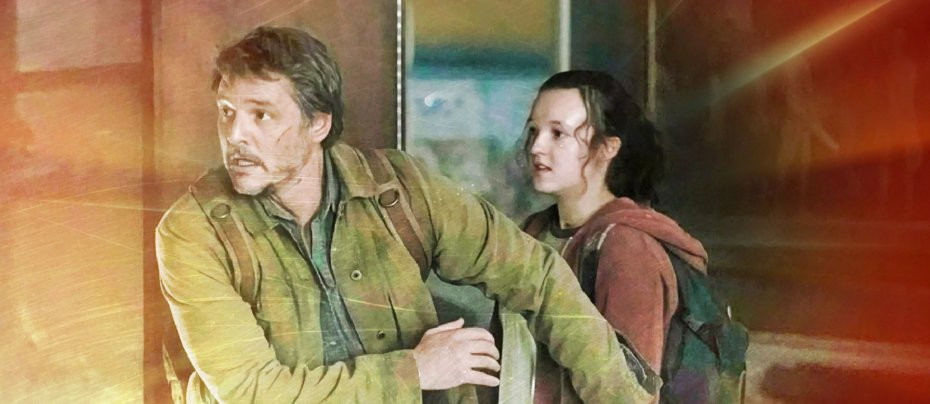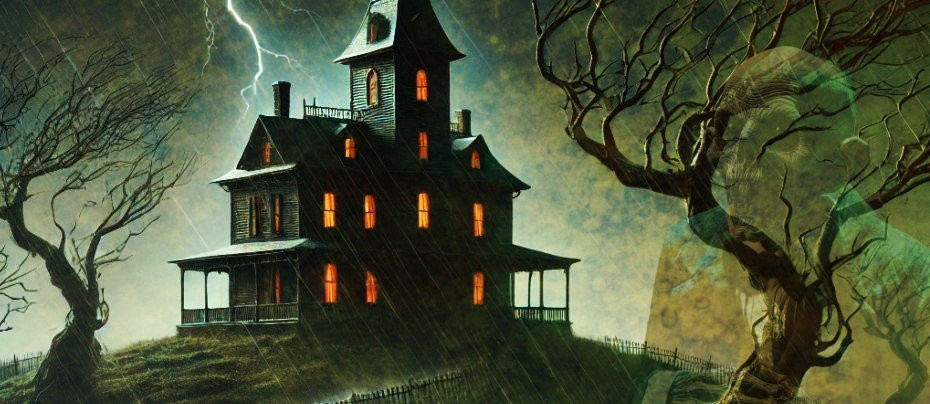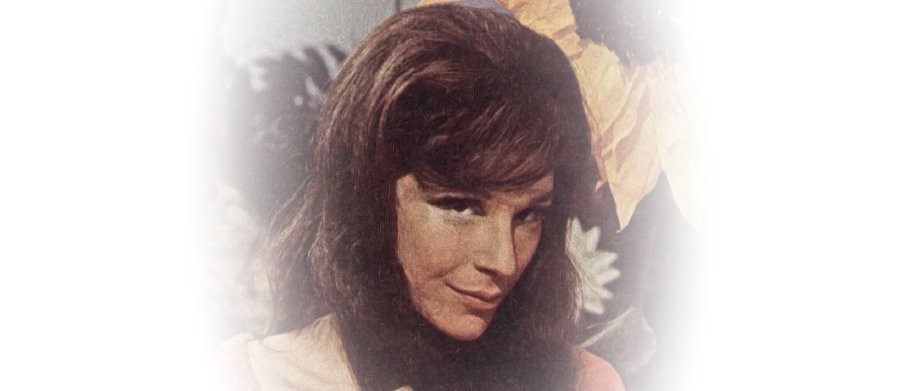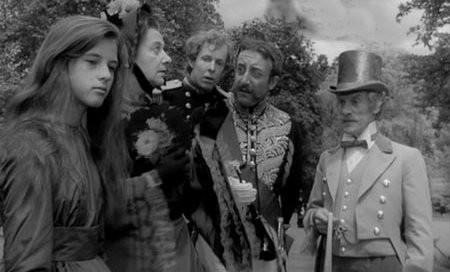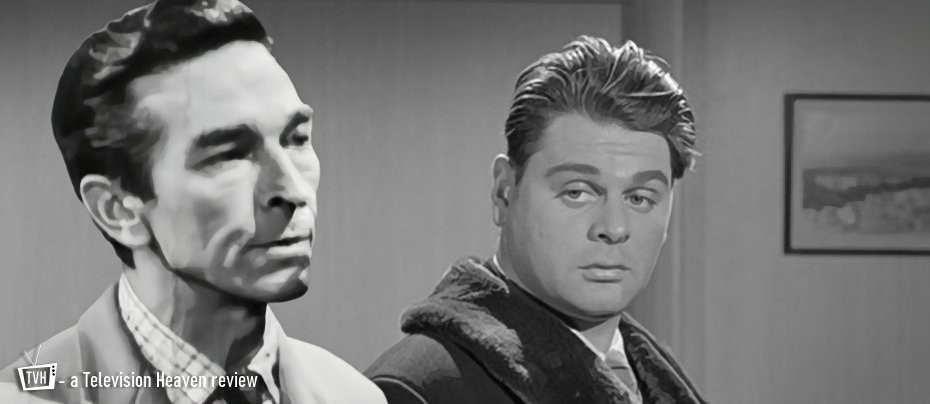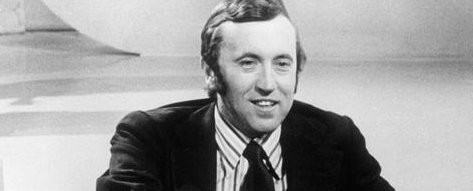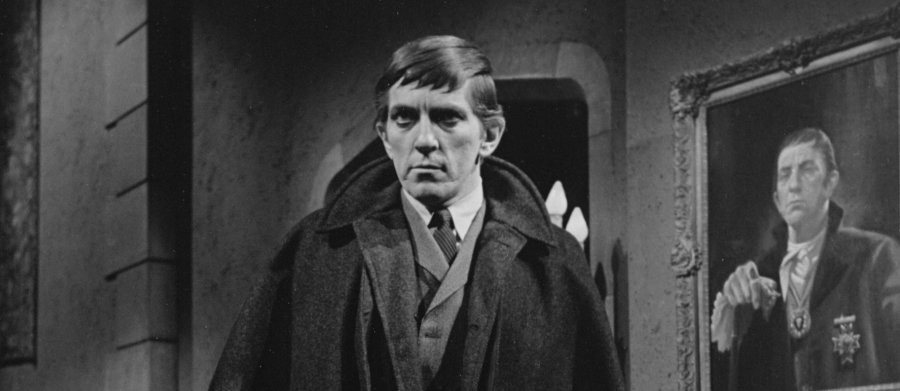
Dark Shadows
1966 - United States"My name is Victoria Winters. My journey is beginning - a journey that I hope will open the doors of life to me, and link my past with my future. A journey that will bring me to a strange and dark place - to the edge of the sea high atop Widow's Hill - a house called Collinwood. A world I've never known, with people I've never met. People who tonight are still only shadows in my mind, and who will soon fill the days and nights of my tomorrows."
It began as a genuine dream. A dream experienced by veteran producer/director, Dan Curtis. A dream in which he saw a young woman, (later to be consolidated as the character named, Victoria Winters) taking a train journey which would ultimately find her arriving at the door of a fog wreathed shadowy and forbidding gothic manor house. What began as a simple, yet strikingly vivid dream was destined to be translated by Curtis and collaborator, Art Wallace, into a televisual reality, which would swiftly evolve from its humble beginnings to become one of the most phenomenal success stories in the long history of popular US daytime television. A success story entitled...Dark Shadows.
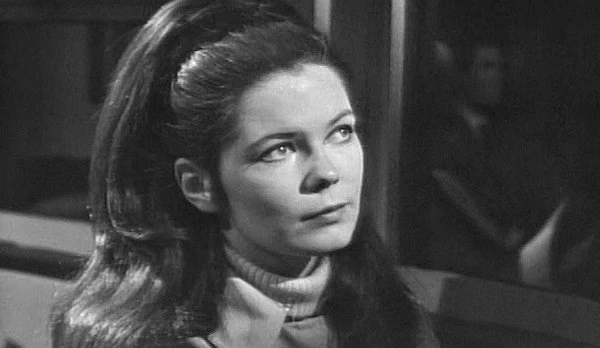
Using his original dream idea as the basic springboard for the series format, Curtis brought aboard the talented and vastly experienced scriptwriter Art Wallace to help flesh out the basic premise and serve as the series head writer. For inspiration, Wallace turned to one of his own previous works, a teleplay entitled The House. Wallace's House script dealt with the story of a secretive, reclusive woman whose husband had been missing for many years. For the purposes of the embryonic series' scenario Wallace's recluse became the rich, matriarchal character of Elizabeth Collins Stoddard, (veteran Hollywood movie star Joan Bennett), and her luxurious home was transformed into the haunted, cursed manor house of Curtis' dream, a house named Collinwood.
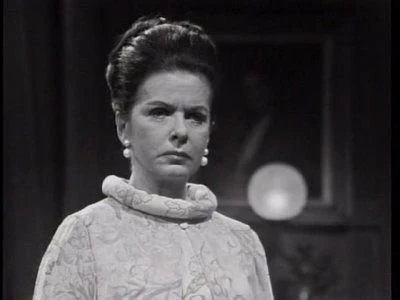
Initially, Curtis envisioned the series as a straight gothic romance in the style of Daphne Du Murier's classic novel Rebecca. And indeed, for its opening months the series centred around orphan Victoria Winters’ arrival at the small fishing port of Collinstown, situated somewhere on the coast of Maine, to take up the post of governess to Elizabeth's young nephew David, while still ignorant of her true past.
Early reaction to the new show was decidedly lukewarm audience-wise. So much so in fact, that within the first few months of being on the air Curtis was faced with the very real prospect of the show's outright cancellation. It was at this crucial point that a throwaway suggestion was made which would herald the beginning of Dark Shadows massive upsurge in popularity, as Dan Curtis explained: "My teenaged kids said to me, 'Dad, what the show needs is a ghost.' At that time, I knew that the writing was on the wall for us anyway, so I said 'what the hell! We've got nothing to lose, the ghost is in.'"
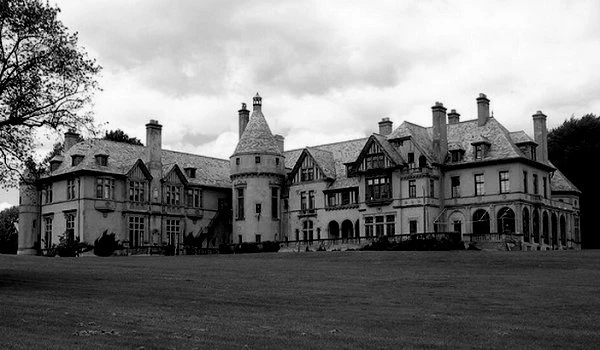
The introduction into the storyline in quick succession of first one ghost, then another, followed almost immediately by a mythical Phoenix creature, proved to be the unique angle which set the series apart from anything else being produced in an otherwise staid and unimaginative daytime drama field. The series began to swiftly gain a loyal, hardcore audience. Realising that tapping into the previously unexplored area of the supernatural was the road for the series to take, Curtis (Wallace had by now ceased to be story consultant) made the decision to introduce a character which, arguably, embodied the most potent appeal of the dark Parthenon of the denizens of the horror genre; a vampire!
With the arrival of the tortured, broodingly romantic antihero character of vampire Barnabas Collins (wonderfully played by the charismatic Canadian Shakespearean character actor, Jonathan Frid), the series became quite literally, a sensation.
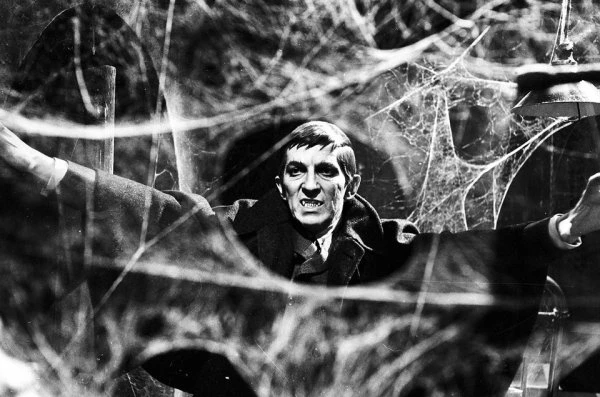
In keeping with the traditional daytime soaps of the time, Dark Shadows was videotaped live on small sets in ABC's New York studios, and over the course of its run, the series would embrace storylines which involved all manner of supernatural events and creatures as well as time travel, alternate worlds and the reworking of the basic plots borrowed liberally from the great classics of horror literature.
Under the watchful eye of Curtis, the show quickly developed an in-house repertory company of seasoned and assured actors who, despite the occasional fluffed line caused by the pressure of too little rehearsal time, rose to the challenge of playing multiple roles with a conviction and professionalism that enhanced even the most unlikely of scenarios.
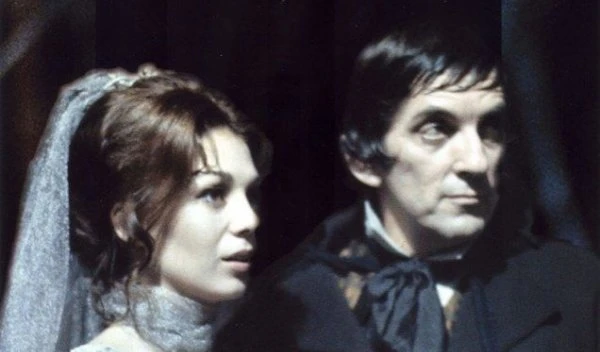
Such was the popularity of the show that in 1970 the first motion picture spin-off, House of Dark Shadows, was released followed in 1971 by the inferior sequel, Night of Dark Shadows. The series also spawned a vast array of merchandise, which continues to this day, including novels, comic books, video compilations and model kits. The series was resurrected in 1975 and aired in syndication on various local TV stations and PBS across the US until 1990 when the US Sci-Fi Channel purchased exclusive rights to broadcast the show, followed quickly by the European version of the channel, which afforded UK viewers their first exposure to what had until then been an often mentioned, but unseen series, while 1991 saw Curtis revive the show briefly for the NBC network running from 13 January to 22 March 1991, in an expensive, but ill-fated remake featuring an all new cast.
In July 2007, Warner Bros. acquired the film rights for the gothic soap opera from the estate of Dan Curtis and in 2012 a feature film by US film producer Tim Burton, famed for his dark, quirky-themed movies as well as numerous box- office blockbusters was released, starring Johnny Depp as Barnabas Collins.
Imaginative, unique and ground-breaking in its daring and successful use of horror motifs in the then otherwise conservative US television field, Dark Shadows even to this day commands an affection and respect from its legions of fans which is perhaps second only in terms of popularity to that given to the mighty Star Trek franchise.
The series delivered excellent entertainment throughout the latter half of the nineteen-sixties, over four decades later, that entertainment value has remained resolutely undiminished.
Seen this show? How do you rate it?
Seen this show? How do you rate it?
Published on January 15th, 2020. Written by Peter Henshuls for Television Heaven.



